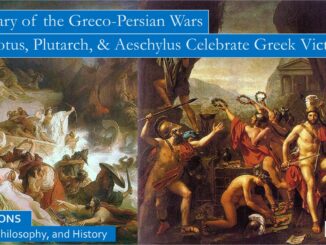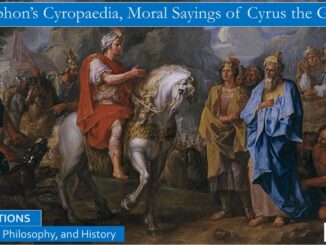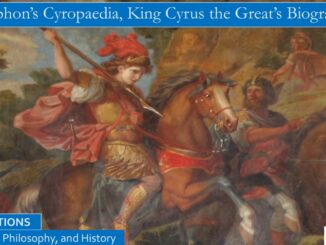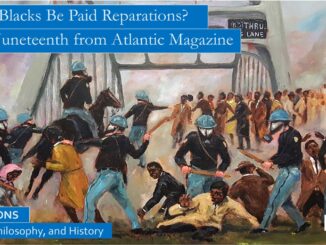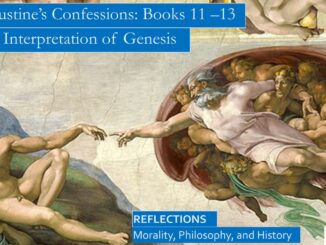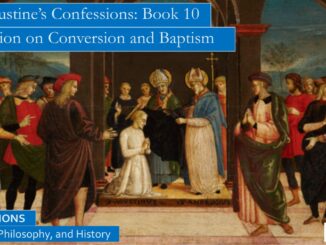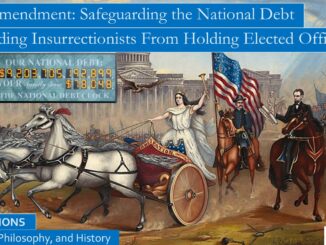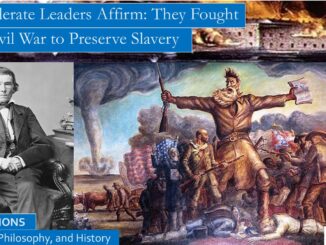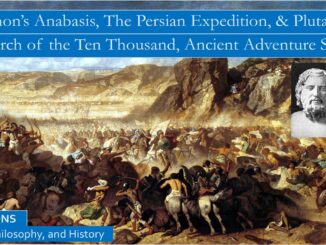
Xenophon’s Anabasis: The Persian Expedition, an Ancient Adventure Story
The historian Will Durant summarizes this March of the Ten Thousand, led by Xenophon, “was one of the greatest adventures in human history. We are amazed at the inexhaustible courage of these Greeks, fighting their way on foot, day by day for five months, thorough two thousand miles of enemy country, across hot and foodless plains, and over perilous mountain passes covered with eight feet of snow, while armies and guerrilla bands attacked them in the rear and in front and on either flank, and hostile natives used every device to kill them, or mislead them, or bar their way.” […]

